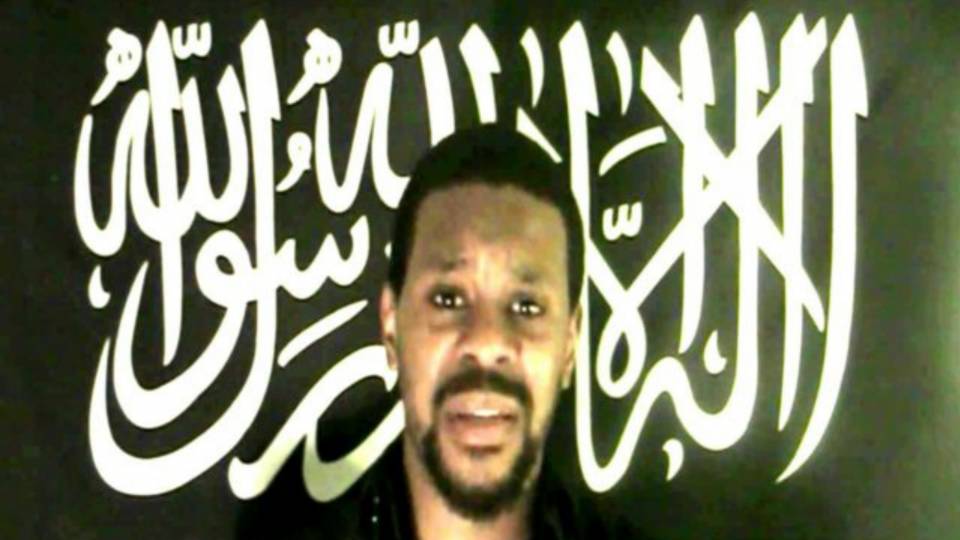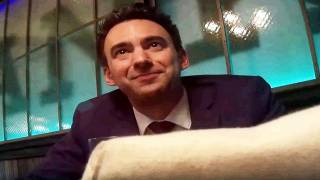BBC to Air ‘Muslim Big Brother’ Show Featuring Islamic State Defender
The BBC is set to broadcast a two-part ‘Muslim Big Brother’ reality TV series featuring a supporter of jailed radical cleric Anjem Choudary who has defended Islamic State and was involved with the banned terror group Al-Muhajiroun.
Muslims Like Us, to be aired on BBC2 on Monday night, is described as a “social experiment” and features a “diverse” group of British Muslims living together in a house. It was made by Love Productions, who were also behind Benefits Street and The Great British Bake Off.
The BBC said the show showcased “topical, important and, at times, charged exchanges shin[ing] a light on what it means to be a Muslim in modern Britain” in a statement.
One housemate is the convicted fraudster, retired professional boxer and terrorist sympathiser Anthony Small – now known as Abdul-Haqq – who the BBC said “represent[s a] voice” within the British Muslim population.
He was arrested in Dover in 2014 and was later charged with plotting to go to Syria to fight with Islamic State after spreading terrorist material online.
Earlier in the year, he had released a video online defending the terror group, describing the execution of American journalists as “retaliation” and denying the jihadists had massacred non-Muslims and Yazidis.
Mr. Small was also a follower of the radical cleric Anjem Choudary (who is currently imprisoned for encouraging support for Islamic State) and appeared at rallies held by his Al-Muhajiroun/Islam4UK group – a Salafi jihadi network banned in 2010.
He attended a protest organised by the group in 2010, after it was banned, where placards saying “British soldiers go to hell” were seen and chants such as “Murderers” and “Baby killers”, directed at British servicemen, were heard.
Islamist sympathising blogger Dilly Hussain revealed on Facebook that he was “initially ‘scouted’ and later invited to feature in this programme”, but eventually declined.
Other housemates include “liberal” Muslims, a part-time model, a comedian, and gay Muslim man.
Fatima Salarie, a senior commissioning editor for the BBC, defended the decision to include Mr. Small, explaining that he accurately represented the views of some British Muslims.
“We realised we had to represent this voice because it does exist within the Muslim community, and it would have been wrong to pretend it doesn’t or fail to address it,” he told The Guardian.
Series producer Mobeen Azhar added: “We wanted to tap into the conversations happening within the Muslim community and their struggle to define what it means to be a British Muslim.
“Many Muslims feel they are in the spotlight and have to justify themselves constantly. We explore the diversity within the community and issues such as race and sexuality, but in a very raw, human way.”






















